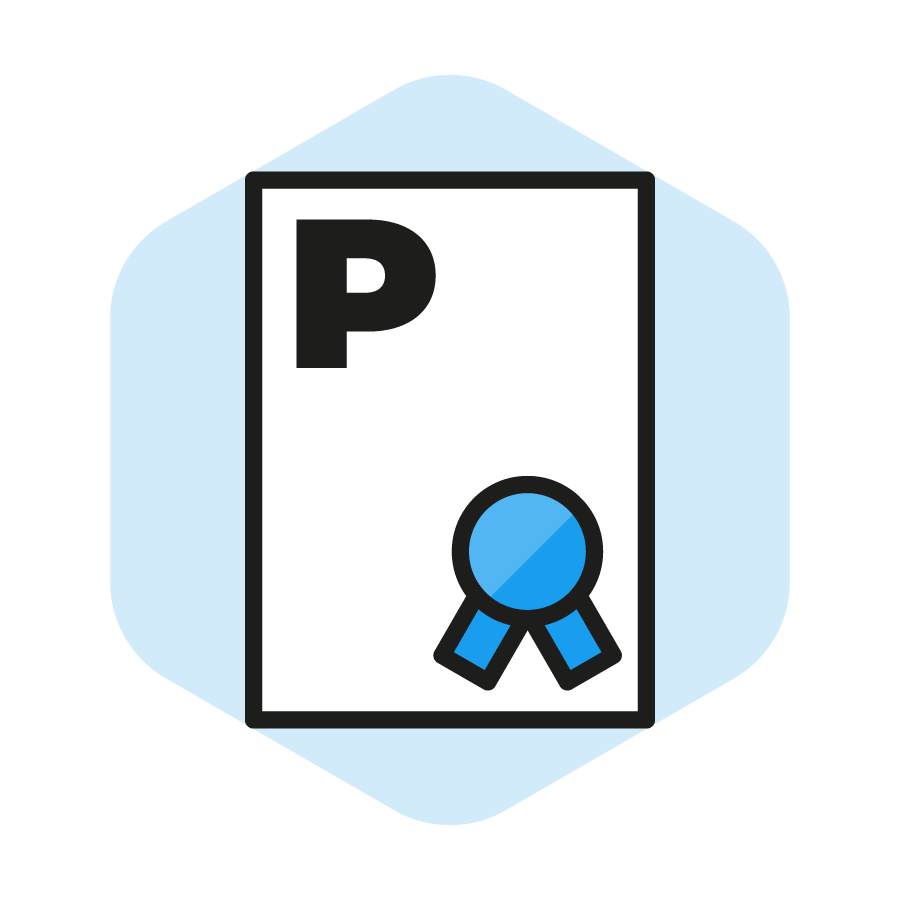Can you patent an idea for free?
The answer to this question is you can get “patent pending” status at no cost if you draft and file the patent application yourself. In order for your patent to be examined by the Patent Office there are fees of between £230 - £280 payable directly to the IPO (Intellectual Property Office).
There are further fees to extend your patent to other countries around the world. The high cost associated with patenting an idea are normally the fees of patent attorneys to draft the patent application and amend it further down the line.
Firstly if you do have an idea you must get it protected otherwise you will be kicking yourself when you later see this idea in the business world. Identify if your idea is an invention, if so we recommend going down the patenting process
Patenting: What you need to know
If you haven’t already, research your invention in order to ascertain whether it is original otherwise a patent will not be granted. Discreteness is key – only reveal your plans once the patent has been filed.
This research can be done FREE OF CHARGE at either a public library in your local town that has a patent department or the Intellectual Property Office website (https://www.gov.uk/government/organisations/intellectual-property-office), formally known as the Patent Office.
Do you know your market inside out?
You have an idea that you want to patent. Fantastic! Have you researched whether there is a market? Who would be interested in your idea? Will it solve an existing problem? Is there anything similar already on the market?
These are very likely to be questions you have already asked yourself and highly probable the reason you came up with an idea to be patented.
Do find out who your potential rivals are and their current market share.
Be clear of what your patent is going to cover
In the patent process you will be asked to provide drawings where applicable and explain in detail the workings of your idea. If there are any costs involved, include these too. If electrical, specify this.
You can patent an invention yourself and will cost between £230-£280 (initial filing to the patent being granted). The process can take up to thirty three months to complete but for the same price a fast track system is available (patent process reduced to twelve months).
Drawing up the relevant documents can be daunting for many. It is not surprising why lots of individuals choose a patent agent to act on their behalf.
The cost of an agent can vary depending on the complexity of the invention.
The patenting process can be complicated but a necessity to secure your business future. If you can obtain a patent it is the preferred method for securing your idea but other forms of intellectual property protection may be available. A professional who has the experience and expertise can guide you in the right direction.


